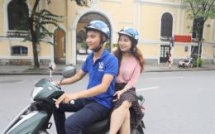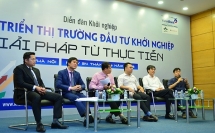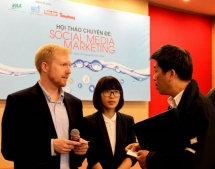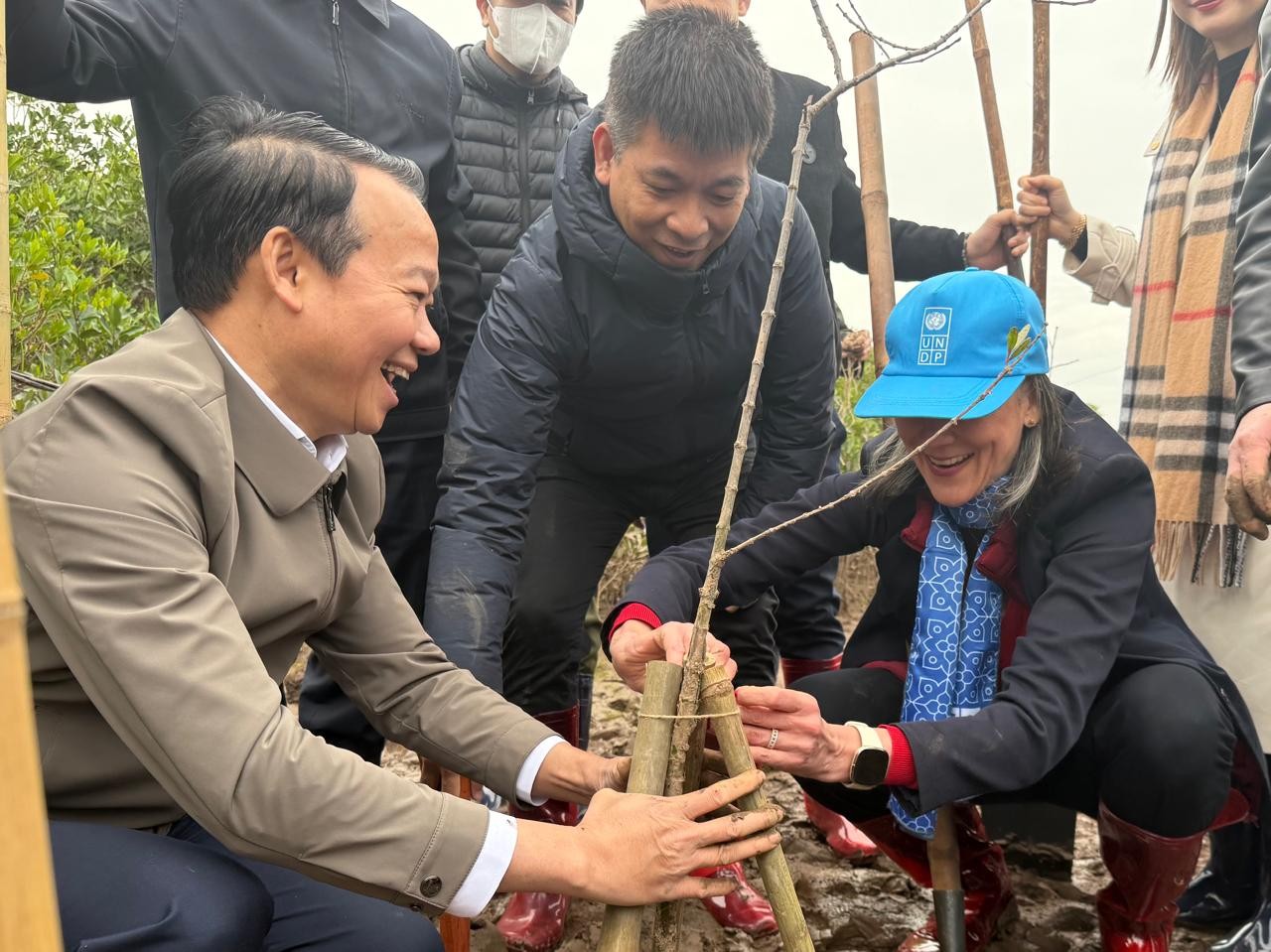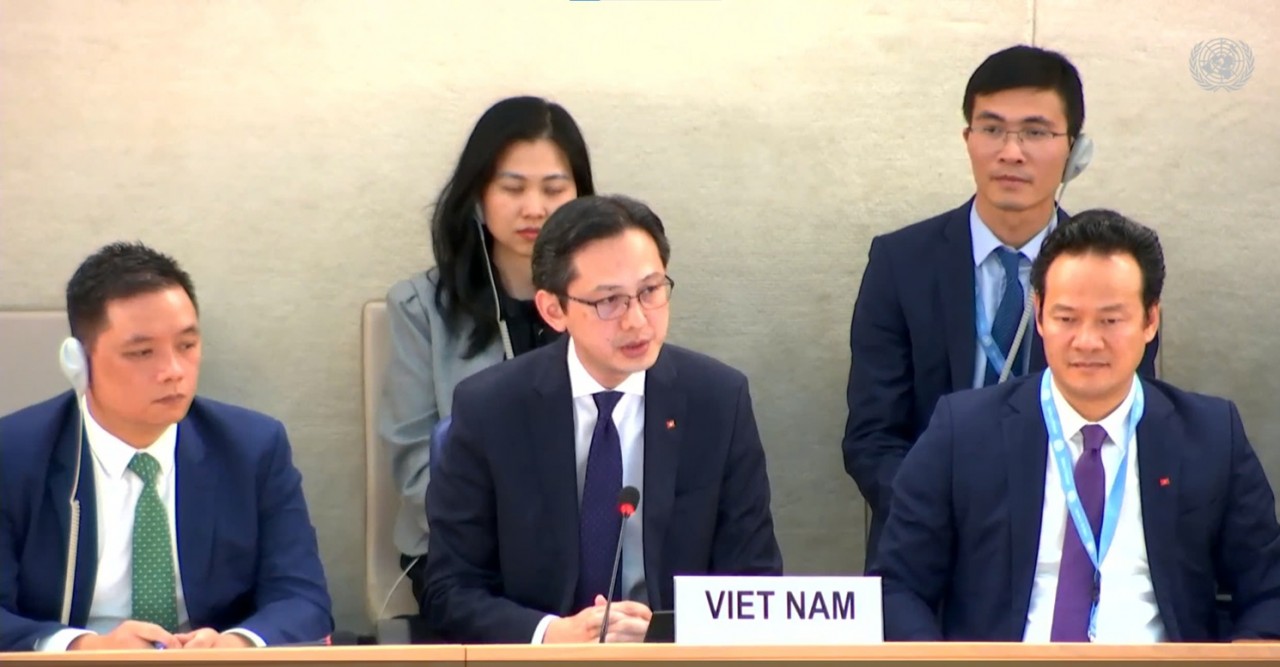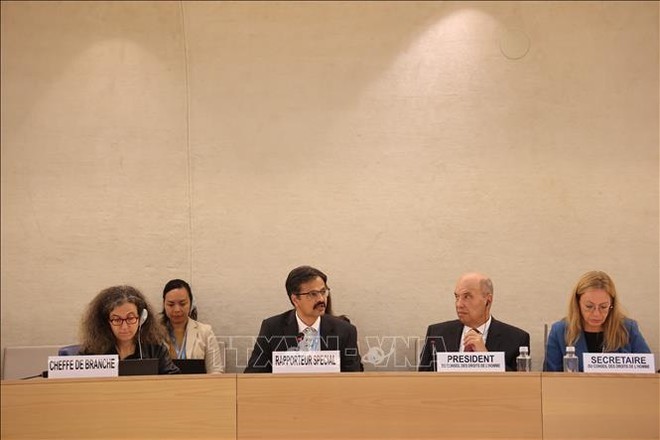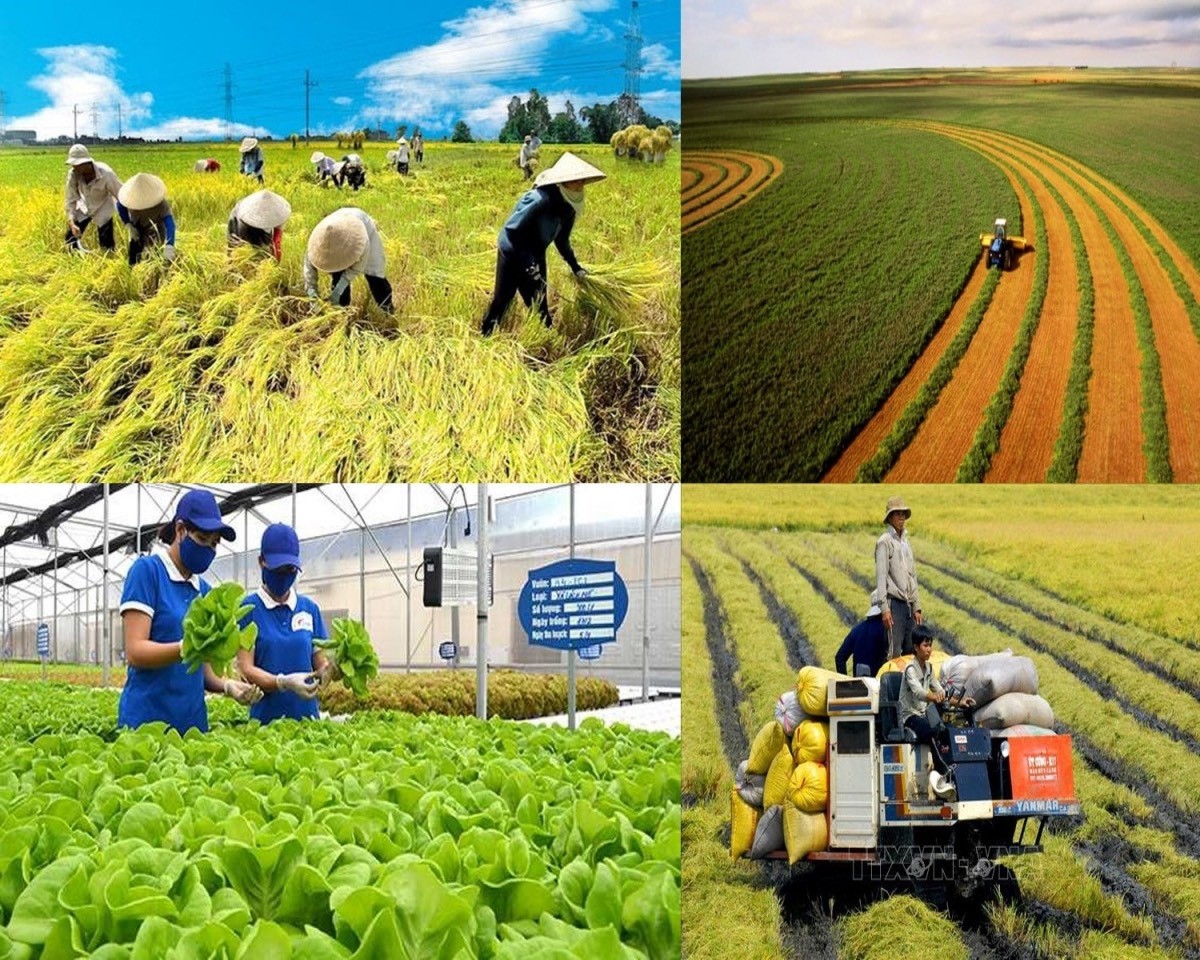Two Vietnamese start-up winners for 2020 Asia-Pacific Low Carbon Lifestyles Challenge
| Vietnamese start-ups go global | |
| Vietnam start-ups need more investment | |
| Tourism expert finds misson to support Vietnamese start-ups |
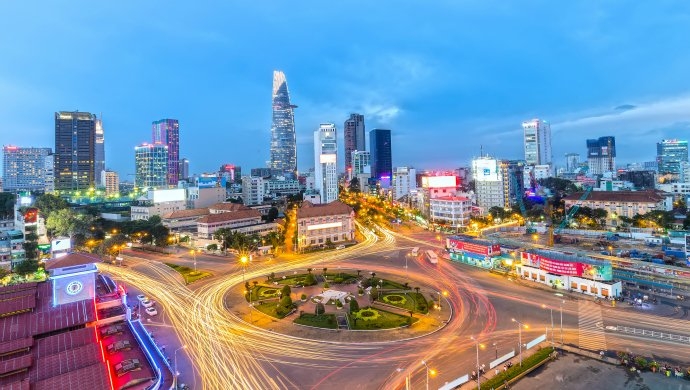 |
| Vietnam has a good startup ecosystem and healthy foreign investor interest to take on the world. Photo: E27 |
Two Vietnamese start-ups, among the nine entrepreneurs from Bhutan, China, India, Pakistan, and Thailand, were selected as the winners by the 2020 Asia-Pacific Low Carbon Lifestyles Challenge. They are advancing green businesses in the categories of low-carbon energy, plastic waste prevention and low-carbon mobility. Each winner receives $10,000 in funding, in addition to training, business mentoring and technical analysis of their environmental impacts.
Specifically, in the category of Plastic waste prevention which promoting reuse, sharing, upcycling, extended product lifespans, and sustainable materials, Cup-lending startup AYA founded by Le Thuy Linh from Vietnam is the winner.
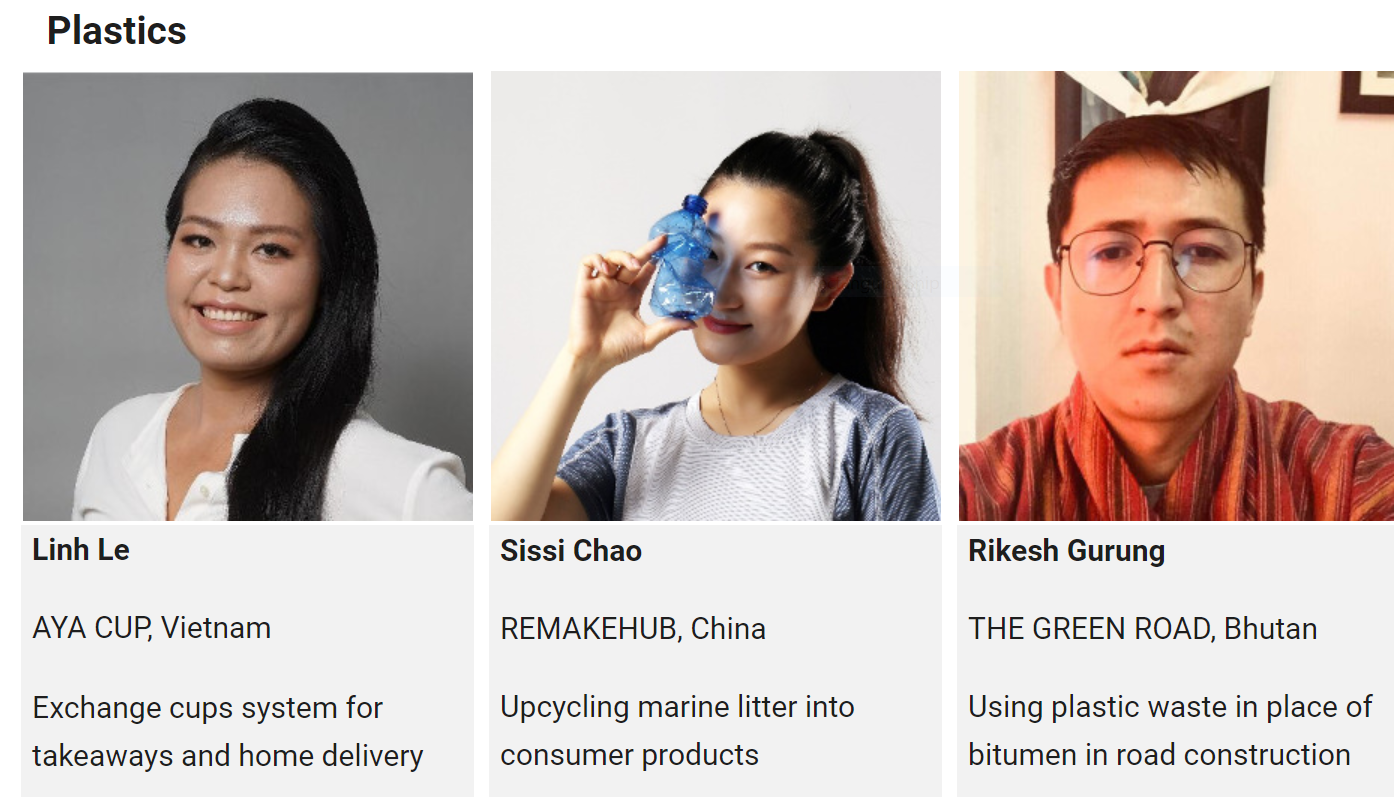 |
| Le Thuy Linh - Founder of AYA Cup, is among other winners for the area of Plastic waste prevention. Photo: UNEP |
Linh’s reusable cup share system, AYA Cup, is taking aim at the 27 tons of plastic and Styrofoam generated by Vietnam’s food delivery and take-away industry every year. Since Vietnam has been one of the worst polluters of ocean plastic waste in Asia and the globe, with 13 million tonnes of waste released to the ocean every year, Linh's environmental efforts are not only to deal with this big issue, but also aim to turn a profit – the single-use plastic industry in Vietnam is worth up to US$1.6 billion each year.
AYA creates convenience idea for users which enable them to use and return the cup rather than throwing single-use plastic cup. It means that, everyone can request an eco-friendly cup at any participating coffee shop or smoothie bar with an AYA's registered ID code. Notwithsatnding a very new idea, AYA has targeted to achieve hundreds of vendors with more than 6,000 plastic cups saved per year.
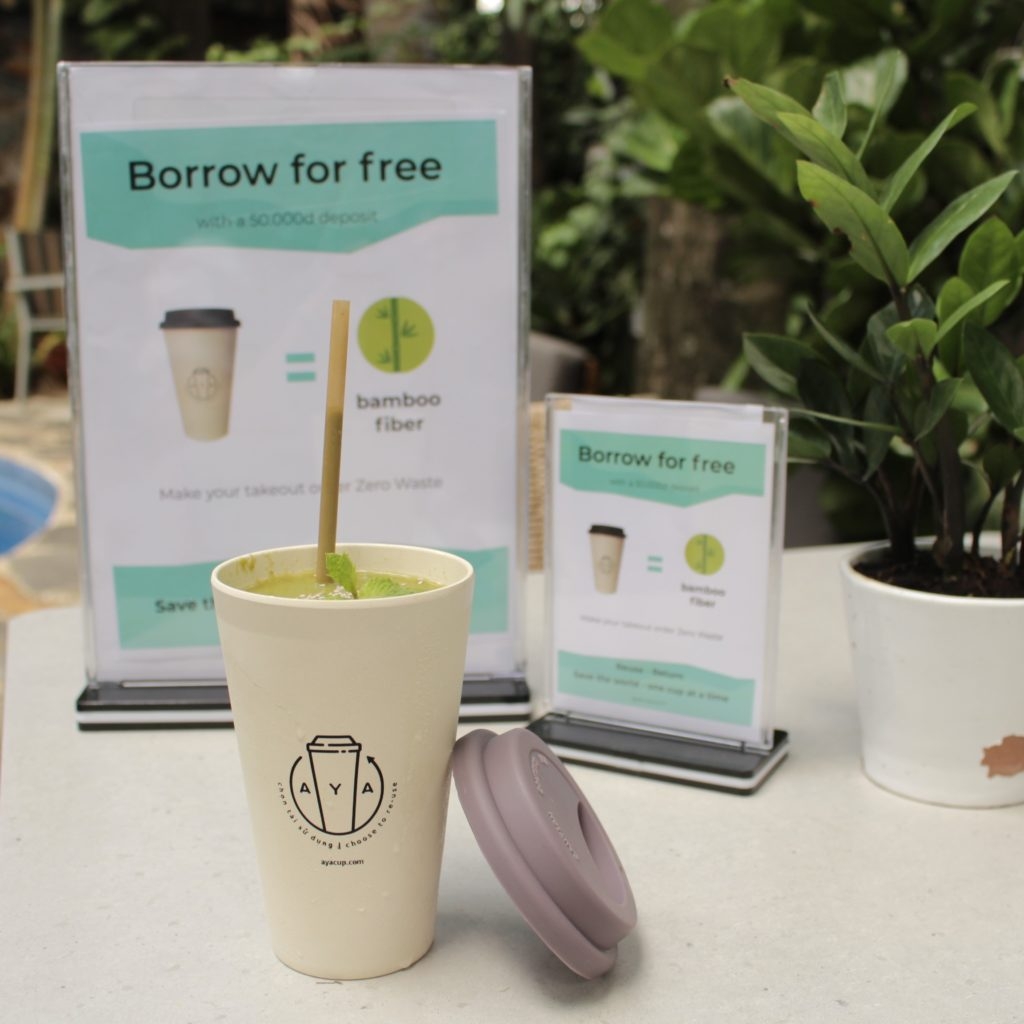 |
| AYA - An exchange cups system for takeaways and home delivery. Photo: AYA |
“Some customers told me that they found lugging along their tumblers every day inconvenient. And they are busy all day, so they keep forgetting the tumblers,” said AYA’s founder Le Thuy Linh. “Therefore, the launch of AYA aims to help them better protect the environment and take away their guilty for constantly using single-use plastic cups.”
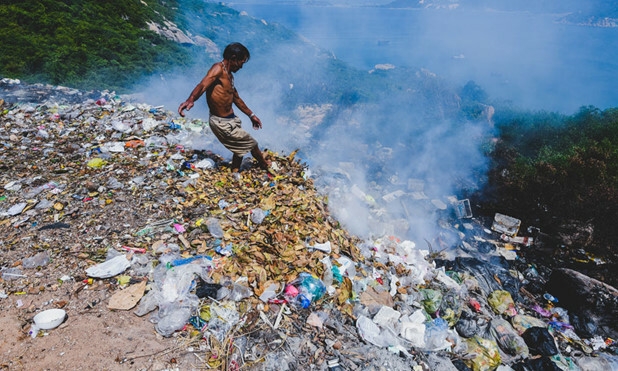 |
| A man burns plastic waste at a landfill site on Binh Ba Island in Cam Ranh Bay, Khanh Hoa Province. Photo: VNE |
Similar services are popular in developed countries like in Germany where people drew more than 2,500 coffee stores and restaurants on board. However, this model is considering as a practical initiative in Vietnam where plastic use is currently a serious environmental issue.
In the category of Low-carbon energy, start-up Airiot from Vietnam managed by the founder Tran Nguyen Duy Tuan is targeting the hotel and homestay market in Vietnam, where guests tend to leave air conditioning on even when they’re not in the room. Airiot’s simple solution, already piloted in 500 rooms across Vietnam, has shown a 25-40 per cent reduction in electricity usage each month – with associated carbon emissions reductions.
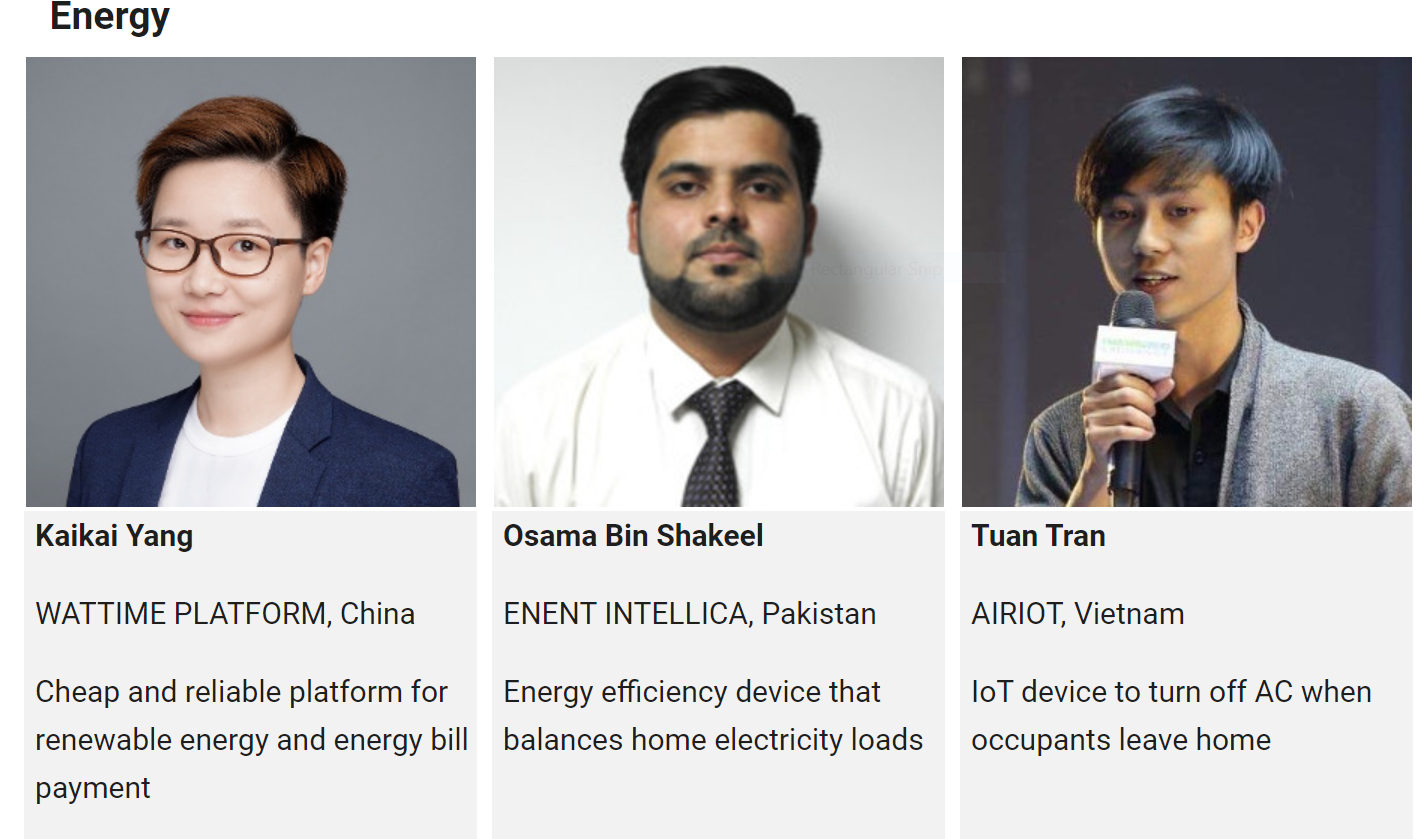 |
| Tran Nguyen Duy Tuan - Founder of Airiot, is among other winners for the area of Low-carbon energy. Photo: UNEP |
Airiot is a Vietnamese innovative tech startup that makes Internet of Things (IoT) devices that helps homestay businesses to track and manage power consumption habits to reduce energy costs, as well as to collect and analyze data of energy consumption patterns for home appliances. One of the goals of Airiot is to create sustainable energy solutions that can help reduce electricity wastage and lessen the impact of energy pollution on the environment.
According to Tran Nguyen Duy Tuan, this startup’s IoT solution offers a comprehensive power management platform and device for homestay businesses to remotely monitor and control electricity consumption through the Internet based on user behavior. For instance, their IoT products can automatically switch off air conditioning systems five minutes after guests have left the room. When the guests return to the premises, the device is also smart enough to remotely turn the air conditioning systems back on. Moreover, Airiot’s power management platform provides tools that allow hosts and homestay operators to track power consumption habits and to remotely control electricity consumption via the Internet, and it can also be integrated with other management software for gathering and analyzing data, all done with performance optimization in mind.
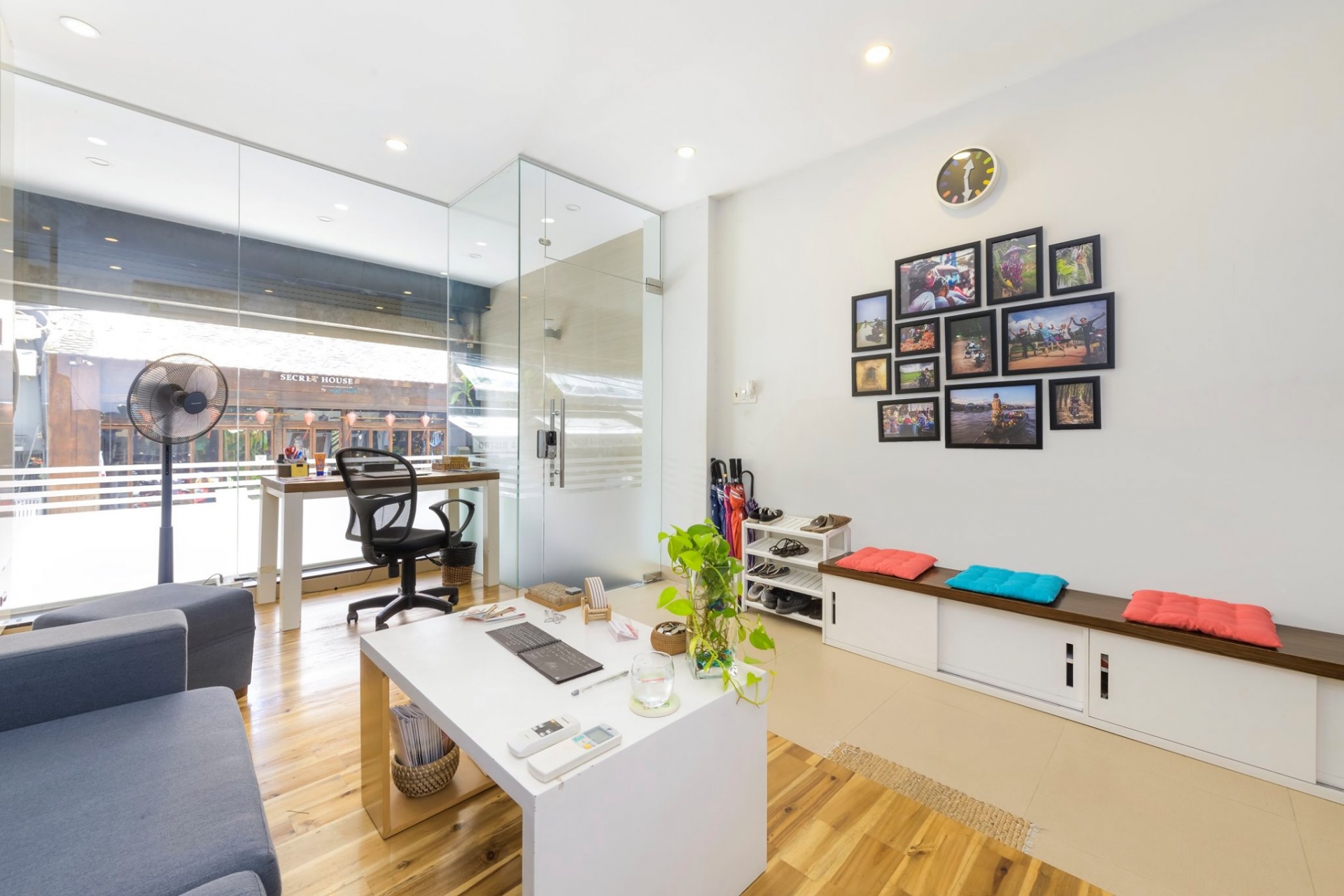 |
| AIRIOT - IoT device to turn off AC when occupants leave home. Photo: Airiot. |
“COVID-19 has brought about an unprecedented halt to many human activities, including some that have wreaked significant damage on environmental systems in Asia,” said Dechen Tsering, UNEP’s Regional Director for Asia and the Pacific. “Lessons learned from the management of this crisis provide an opportunity to both revisit our relationship with nature and rebuild a more environmentally responsible economy. Entrepreneurs in Asia stand ready with innovative business solutions that work for economic recovery and the environment. The Asia Pacific Low Carbon Lifestyles Challenge will help them overcome systemic barriers that innovations usually face, with grants, partnerships, training and visibility.”
 |
| The 2020 Asia-Pacific Low Carbon Lifestyles Challenge is an initiative by UNEP. Photo: UNEP |
The Asia-Pacific Low-Carbon Lifestyles Challenge is an initiative funded by the Ministry of Environment Japan, as part of SWITCH-Asia’s Regional Policy Advocacy, the Asia-Pacific Regional Roadmap on Sustainable Consumption and Production and the One Planet network (the network of the 10 Year Framework of Programmes on Sustainable Consumption and Production). Partners include the Asia Pacific Roundtable on Sustainable Consumption and Production, Massive Earth Foundation, the Institute for Global Environmental Strategies, Mitsui Chemicals International, and GCL Power.
“We grew from a startup to a large company greening our economics over 30 years – we know the barriers these entrepreneurs will face, and look forward to working with UNEP to support these innovative startups based on our expertise.”, said Donglei Yan, GCL Poly Energy.
The innitiative aims to mobilize and support young people with business ideas on how to foster energy-efficient, low-waste and low-carbon lifestyles.
| The Asia-Pacific Low-Carbon Lifestyles Challenge is an initiative funded by the Ministry of Environment Japan, as part of SWITCH-Asia’s Regional Policy Advocacy, the Asia-Pacific Regional Roadmap on Sustainable Consumption and Production and the One Planet network (the network of the 10 Year Framework of Programmes on Sustainable Consumption and Production). Partners include the Asia Pacific Roundtable on Sustainable Consumption and Production, Massive Earth Foundation, the Institute for Global Environmental Strategies, Mitsui Chemicals International, and GCL Power. “We grew from a startup to a large company greening our economics over 30 years – we know the barriers these entrepreneurs will face, and look forward to working with UNEP to support these innovative startups based on our expertise.”, said Donglei Yan, GCL Poly Energy. The initiative aims to mobilize and support young people with business ideas on how to foster energy-efficient, low-waste and low-carbon lifestyles. |
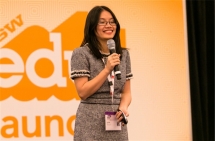 | Vietnam’s rising tech talent help put country on the start-up map In one of the world’s fastest-growing economies, a new breed of entrepreneurs in everything from cybersecurity to language learning. |
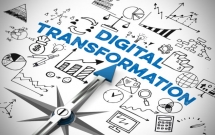 | Vietnam is potential market for digital start-ups According to many experts, Vietnam is considered as one of the potential market for digital start-ups. |
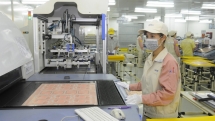 | Start-up investment fund encouraged to develop new technology Prime Minister (PM) Nguyen Tan Dung has directed the building of policies to encourage the establishment of a start-up capital investment fund to develop new ... |
Recommended
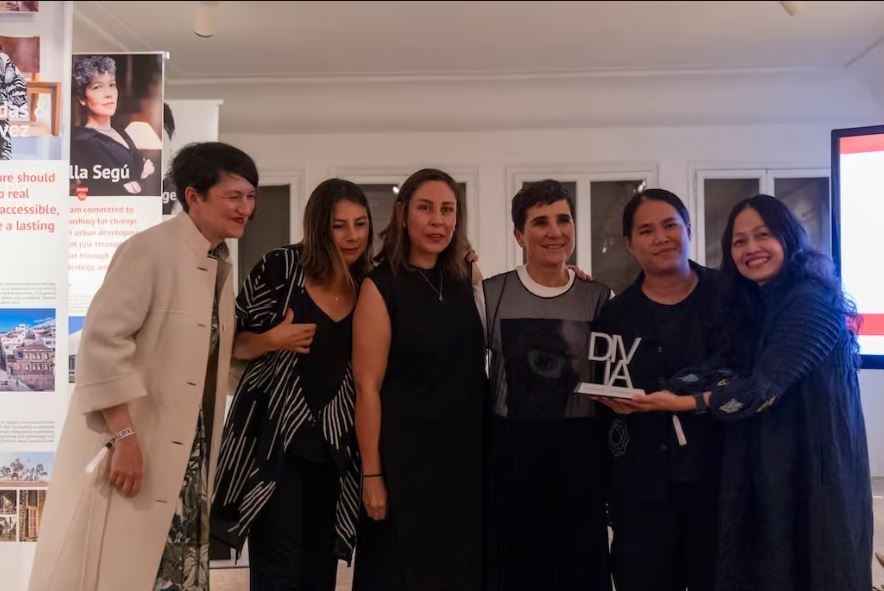 Viet's Home
Viet's Home
Vietnamese Architect Wins the Diversity in Architecture Award 2025
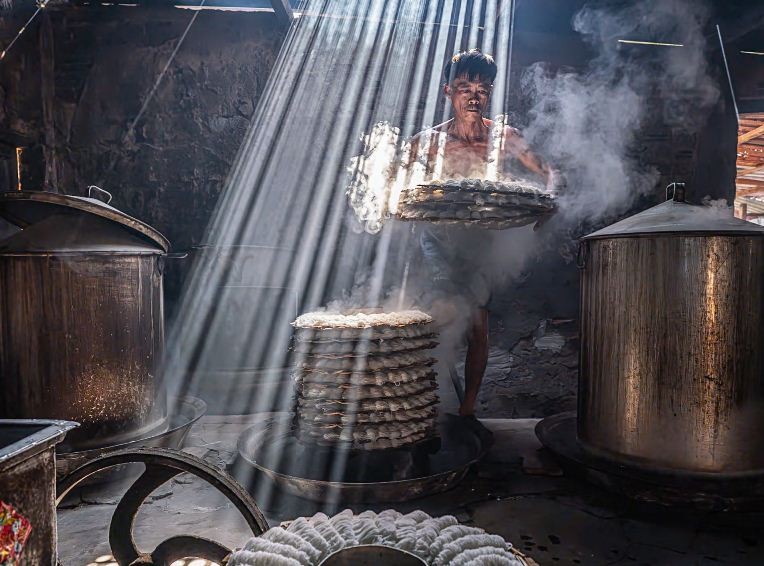 Viet's Home
Viet's Home
Vietnamese Photographer Triumph in Global Food Photography Contest
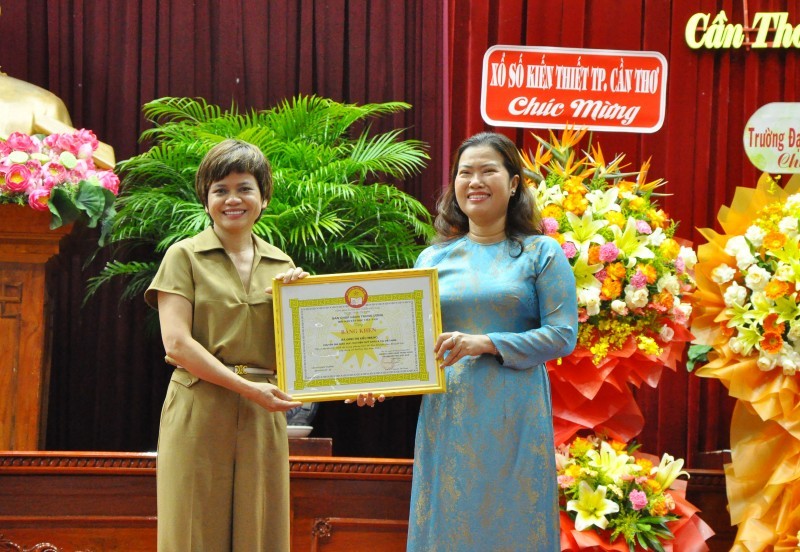 Viet's Home
Viet's Home
The Asia Foundation Awards 101 Scholarships to Can Tho Female Students
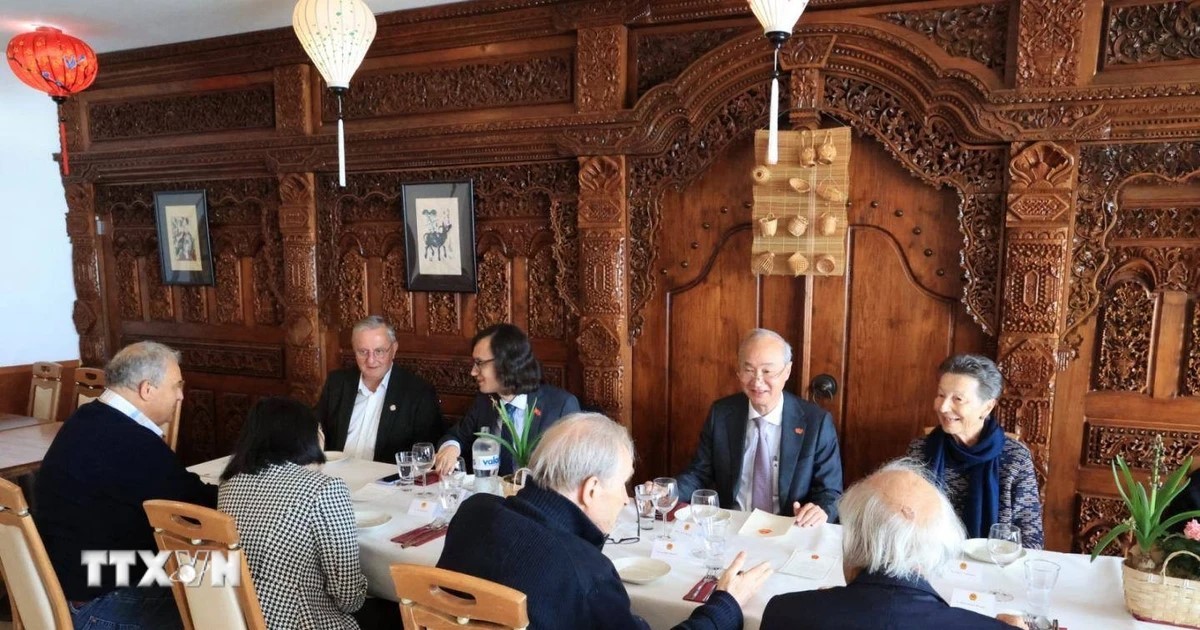 Viet's Home
Viet's Home
Ho Chi Minh And Deep Admiration in the Memories of International friends
Popular article
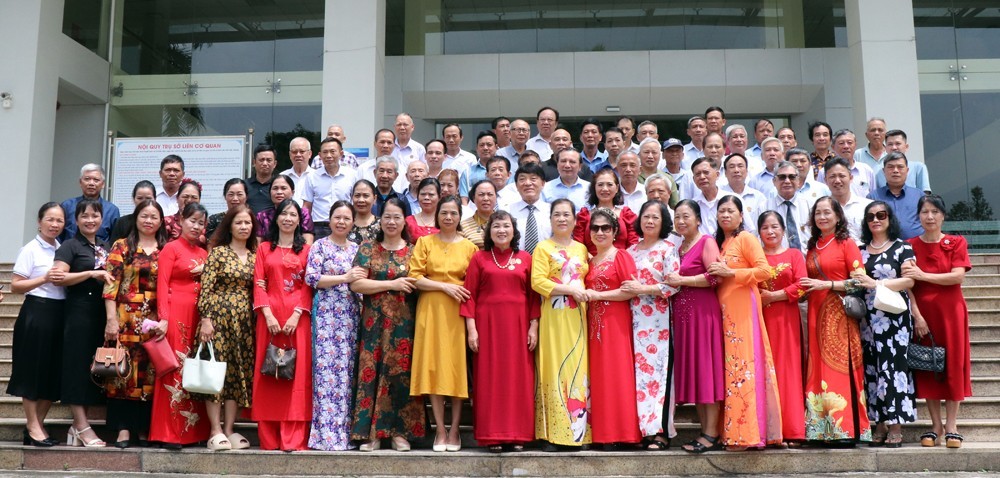 Viet's Home
Viet's Home
Meaningful People-to-people Diplomacy Activities in Bac Giang, Dong Nai, and Ho Chi Minh City
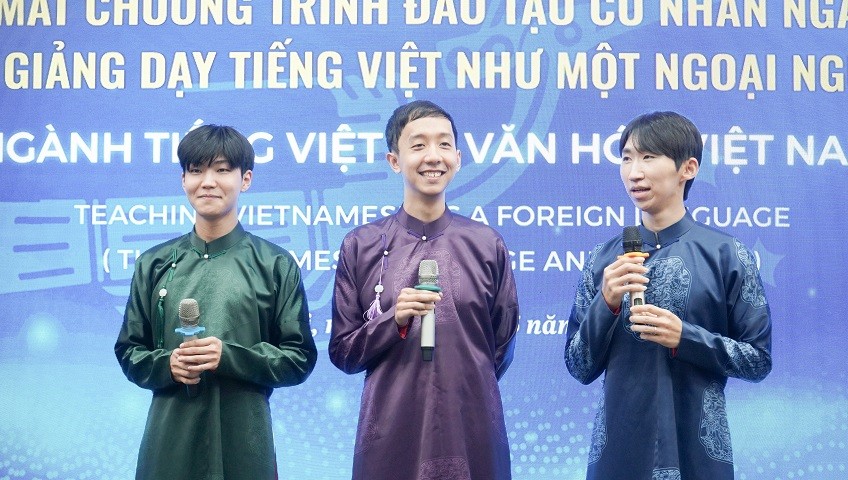 Viet's Home
Viet's Home
Brand New Vietnamese Language Training Program Launches in Hanoi
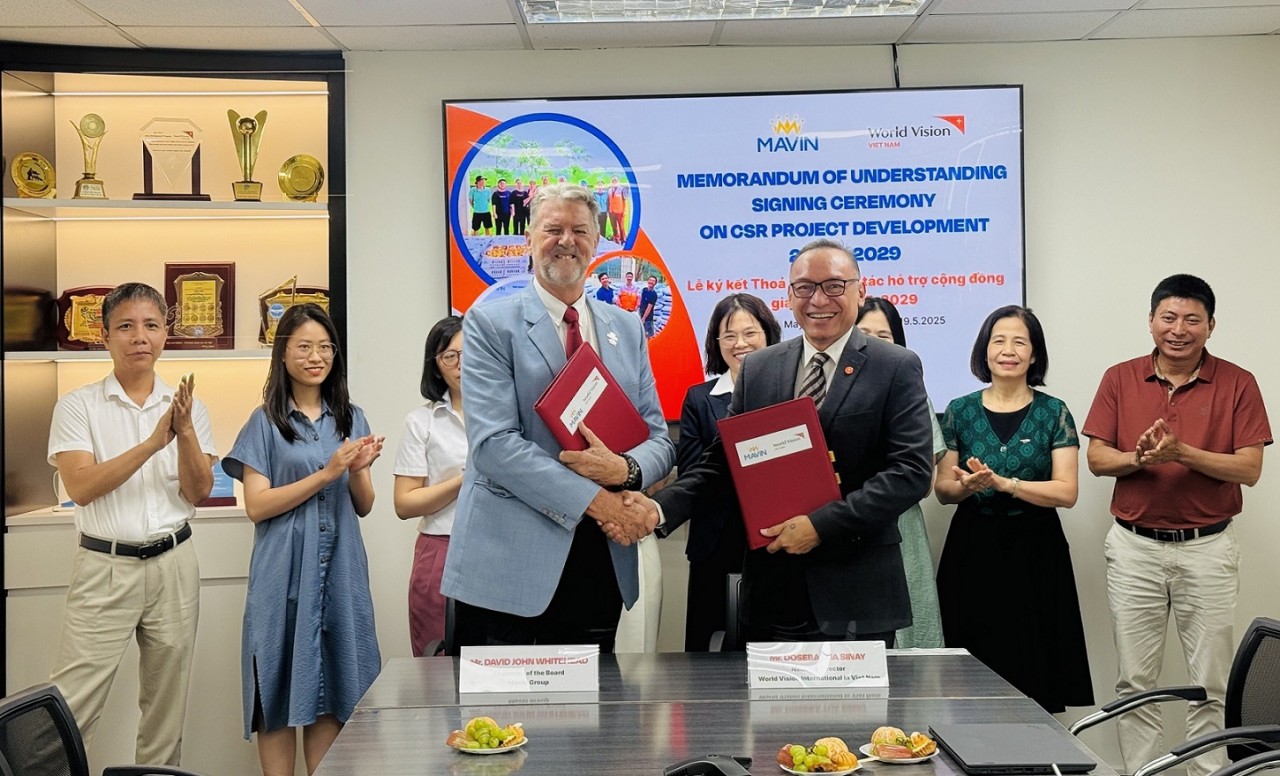 Viet's Home
Viet's Home
WVIV Supports Livelihoods and Improves Nutrition for Poor People in Thanh Hoa
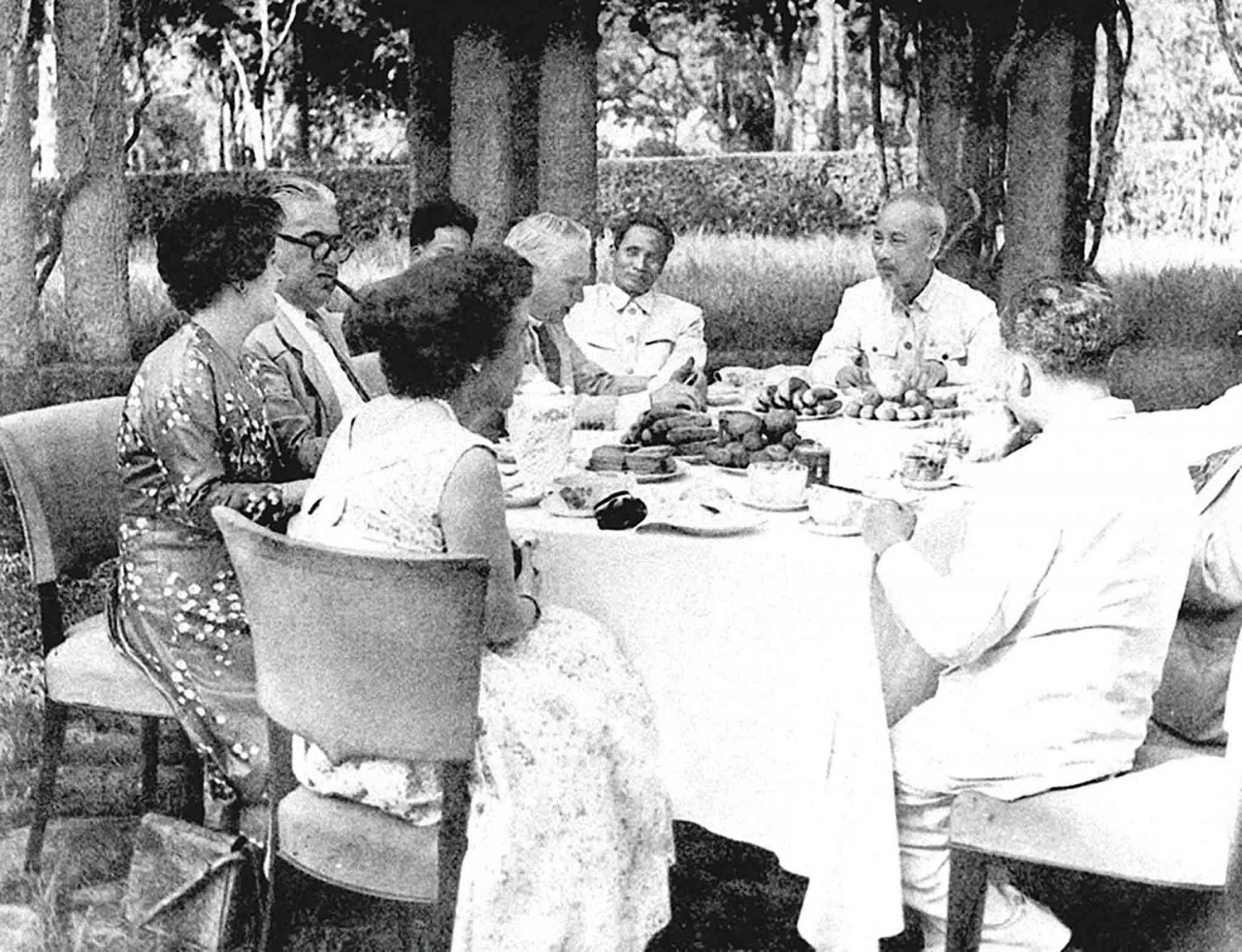 Viet's Home
Viet's Home

